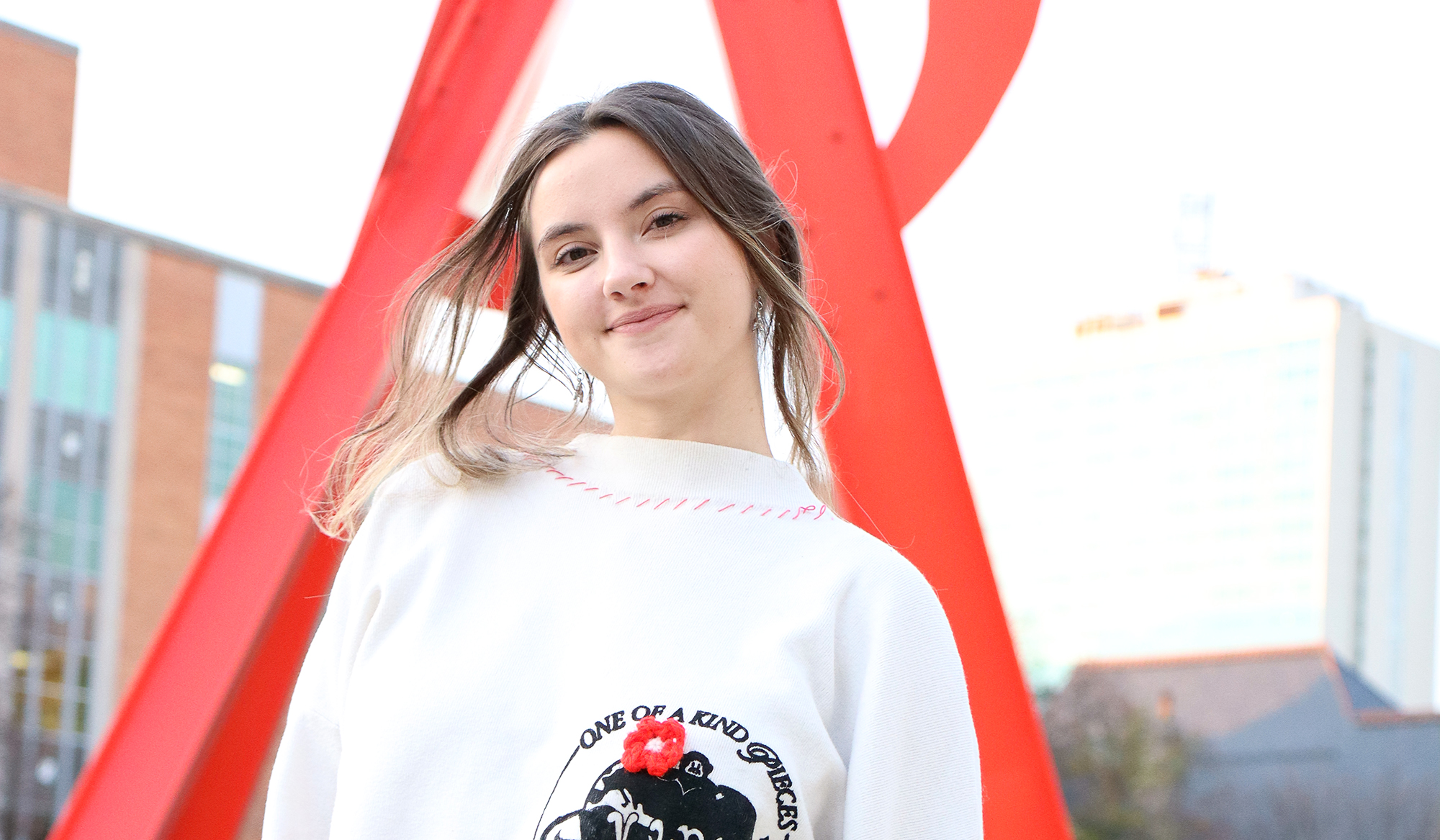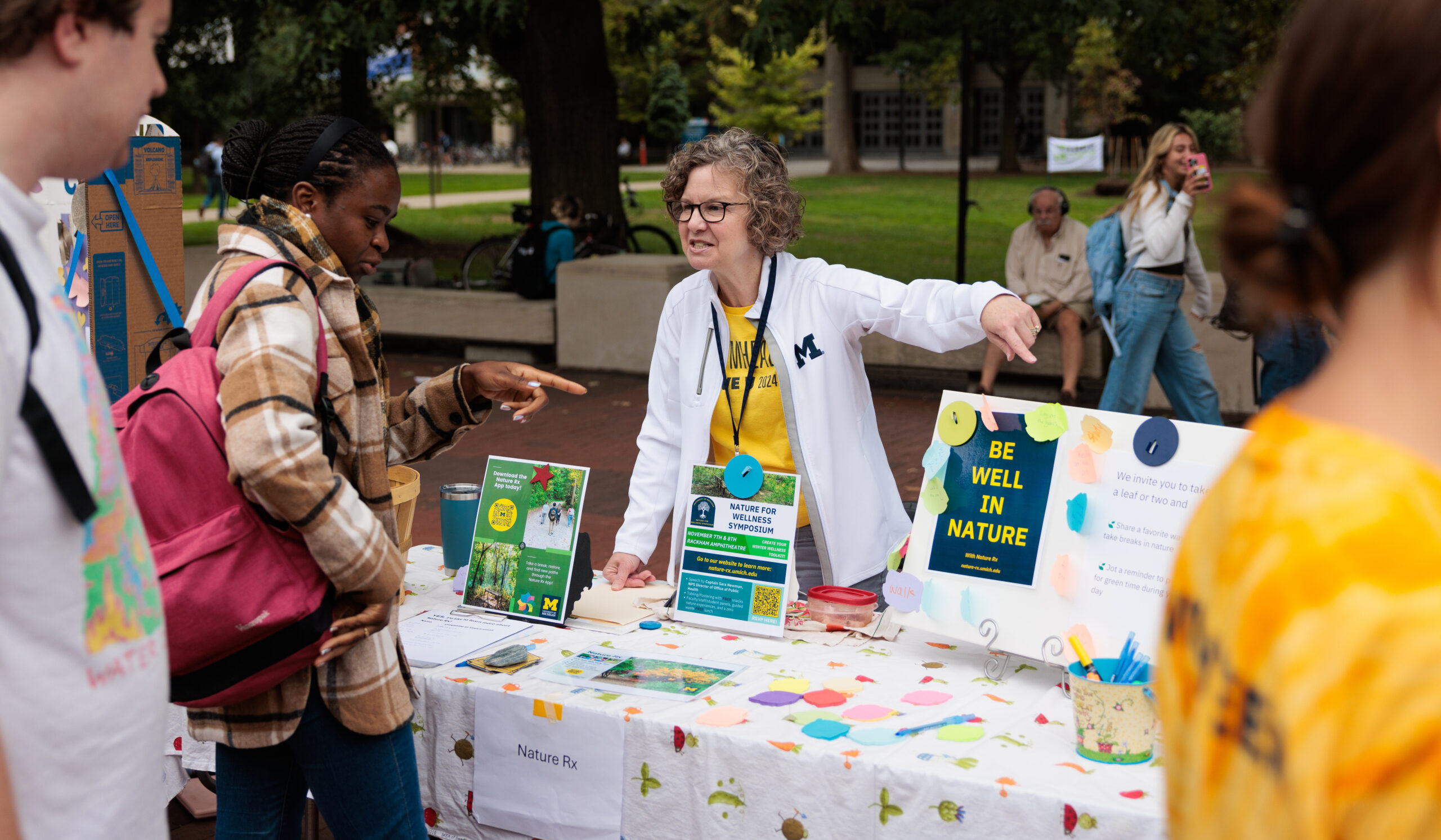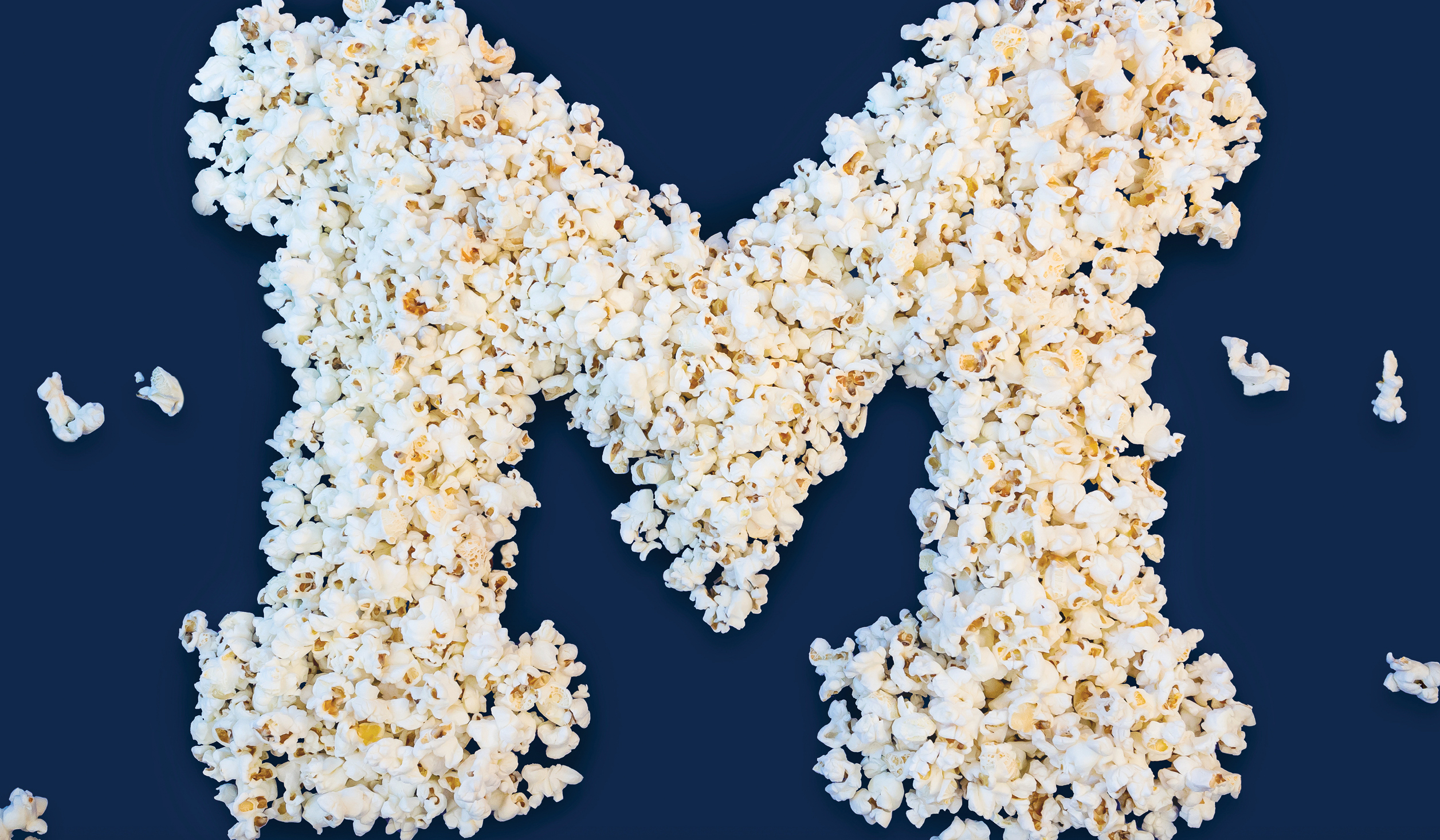Crocodiles are sharp-toothed, right? The answer seems obvious. But using 3D-mapping technology, Keegan Melstrom, ’12, and a colleague took a new look at the dining habits of now-extinct crocodiles. They discovered a variety of nippers existed: those for taking apart meaty prey and others for eating plants, insects, and other matter. Melstrom—who published a paper on the subject in Current Biology last June—is now a postdoctoral research scientist in the Dinosaur Institute at the Natural History Museum of Los Angeles County. His work focuses on how dinosaur teeth have changed over time, particularly in response to the appearance and diversification of flowering plants.
Michigan Alumnus recently caught up with him to learn how his time at U-M brought him to his current work in paleontology and geobiology.
Take risks. The summer before my freshman year, I attended geology classes at U-M’s Camp Davis Rocky Mountain Field Station in rural Wyoming. After morning lectures, we’d go into the field to see rocks and faults, and otherwise bring the classroom to nature. I’d considered studying archaeology, but field camp influenced me to major in geology. Not only did I change my major, but I became such good friends with the class teaching assistant that I will be the best man for his wedding.
Take weird classes, do weird things. Take classes that are not at all related to what you do to get out of your wheelhouse. I took a course on Dante’s “Divine Comedy.” It was one of the best classes I ever took and stuck with me. I had no idea until then how medieval Italian politics functioned or how important political knowledge was in interpreting many parts of the work. Having your mind blown is useful.
Take long walks without distraction. No podcasts, no music—although I find it helpful to carry a notebook. With research, I’m often trying to figure out my hook. I think the research is interesting, but why would others think so? On the paper about plant-eating crocodiles, I was looking for patterns and trying to fit it all into a neat box. My big insight was that the crocodilians appeared in different environments and groups and time periods, with different tooth needs. I had my mini-epiphany while walking home without headphones.
Do undergraduate research. I joined Michigan Research Community (now called Michigan Research and Discovery Scholars) when I arrived at U-M. I worked for a paleontologist. That led to work at the U-M Museum of Natural History cleaning off fossil bones. Working there, I learned about internships—such as the one at Chicago’s Field Museum, where I did research on turtles. In 2011, I gave a talk on turtles at the annual meeting of the Society for Integrative and Comparative Biology. Walking around afterward, I heard about a type of extinct crocodile, the Pakasuchus, which had lived fully on land and was around the size of a cat. I was blown away that these animals existed and knew I wanted to study crocodiles and their relatives. All of that happened because I got involved in research at U-M.
Go to office hours. Now that I’ve taught classes, I know no one ever goes. And I never did, either—I was too nervous. I think the assumption by undergrads is that profs will be annoyed if they show up, but the opposite is true. As an instructor, it’s great to hear students are genuinely interested—because that’s how I feel about the work: genuinely interested.
Catherine Arnold loves science and has been published in the Washington Post, Bicycling, and NBC.com Health.





